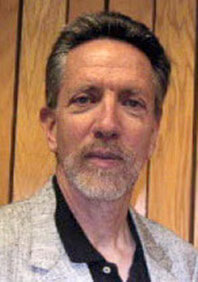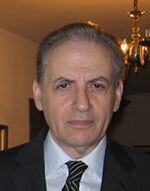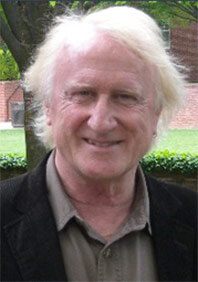|
||||||||
In the course of our conversations, Donald Moss introduced the concept of fungible. I wish to briefly present this concept—that has become crucial in my theorization of collective forms of violence. In the most recent LSS Newsletter, I demonstrated how the idea of “Germany” functioned for Hitler in a manner analogous to how the idea of “Allah” functioned for Bin Laden. Each man defined his identity in terms of attachment to an entity conceived as “omnipotent.” The term “fungible” is a term designating movable goods, such as grain “any unit or part of which can replace another part.” Fungibility implies that individual units (of a commodity or good) can be mutually substituted. An example of Fungibility is currency. If Person A lends Person B a $50 bill, it does not matter to Person A if he is repaid with a different $50 bill as the currency is mutually substitutable. In the same sense, Person A can be repaid with two $20 bills and one $10 bill and still be satisfied as the summation of those bills equals $50. The question raised by this term is: Can one omnipotent object substitute for another? Perhaps what is crucial is the psychic function performed by a particular object—rather than the nature of this object. |






